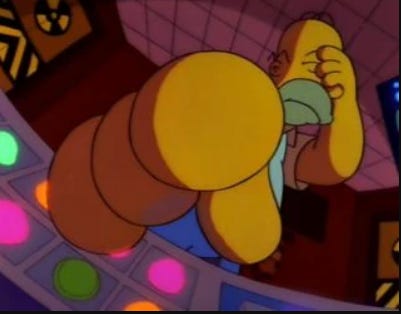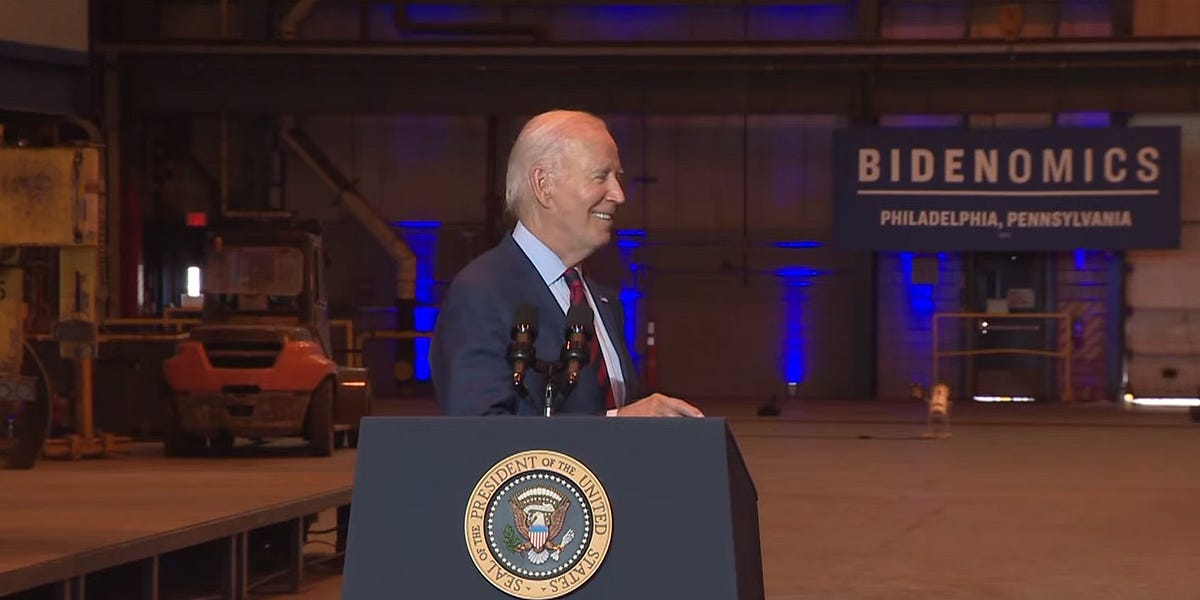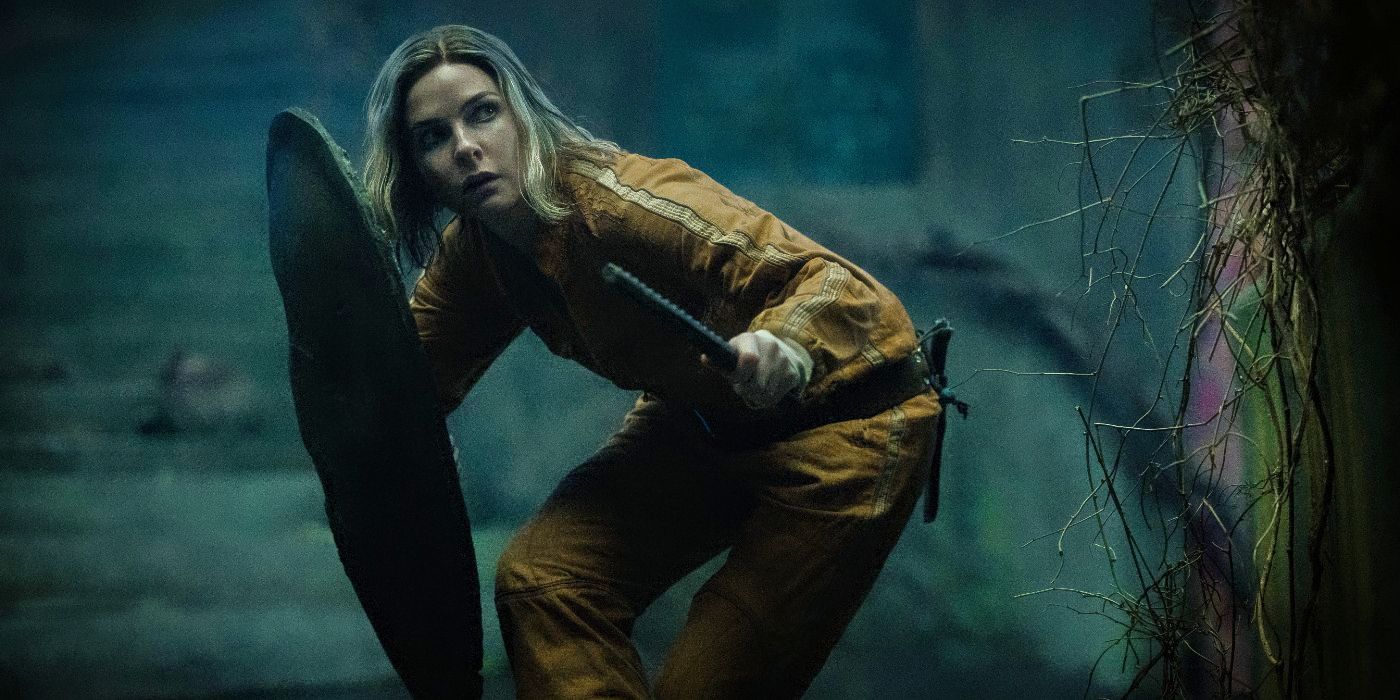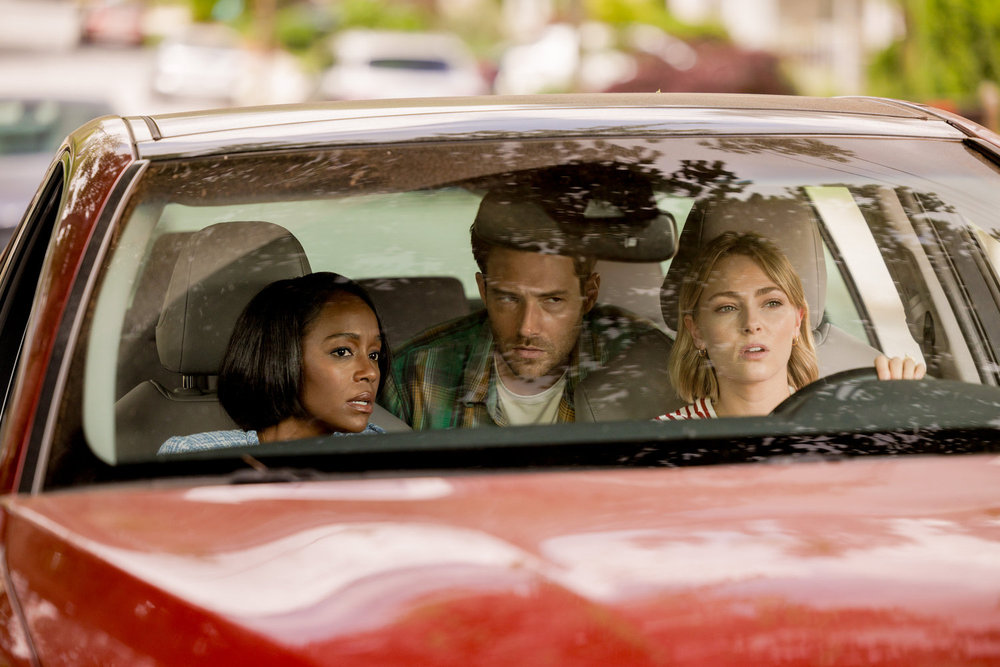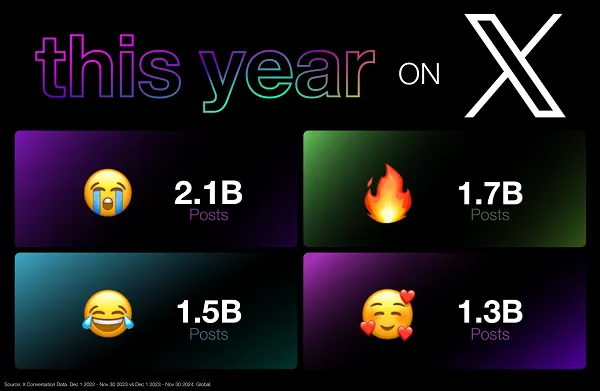The US Supreme Court on Wednesday heard arguments in a case that has the potential to radically alter the relationship between the US government and Native American tribes — or if the Court buys one of the more out-there claims by the plaintiffs, maybe it could wipe out vast parts of US law on a wide swath of additional subjects going back a century. For the moment, laws like the federal bans on child labor and segregated lunch counters are probably safe, but hey, it’s the Trump/McConnell Court. Nobody can predict what these loons might do.
At its basics, Haaland v. Brackeen involves a white Texas couple, Jennifer and Chad Brackeen, who in 2016 were appointed as foster parents of a 10-month old boy whose birth parents were Navajo and Cherokee. The Brackeens were very well off, since Jennifer Brackeen is an anesthesiologist, and as Jennifer explained on a long-gone blog, “God started to speak to our hearts about opening our home for more.”
When they sought to adopt the boy, however, they learned that it would be difficult to do under the federal Indian Child Welfare Act, (ICWA), passed in 1978, as Vox explains.
Among other things, this law provides that, if a state court determines that a child who is either “a member of an Indian tribe” or “is eligible for membership in an Indian tribe and is the biological child of a member of an Indian tribe” must be removed from their home, then the child should be placed with an American Indian family — and, if possible, a member of the child’s extended family or, at least, their own tribe.
The law aims to keep Native children within Native communities, after over a century of US attempts at genociding Native Americans and, for most of the 20th century, actively attempting to alienate people from their tribal identities — first by taking Native kids from their families to Indian schools that aimed to assimilate them into the dominant Anglo culture, and later by encouraging adoptions of Native kids by white parents.
A quick note on language here: Federal law and court cases use the term “Indian,” which has very specific meanings in law, so at times we will too, even if in the wider culture it’s no longer the preferred nomenclature, Dude.
The history of trying to “kill the Indian and save the man” through forced assimilation has an ugly legacy, as the Texas Tribune explains. Even as the residential schools were beginning to close down in the ’50s and ’60s, the federal government remained disgustingly enthusiastic about a joint effort to encourage adoptions of Native kids by white families:
“One little, two little, three little Indians — and 206 more — are brightening the homes and lives of 172 American families, mostly non-Indians, who have taken the Indian waifs as their own,” a 1966 Bureau of Indian Affairs press release boasted.
By the 1970s, the removal of Native children to white families was so widespread that, when the BIA commissioned a federal task force to research the phenomenon, it found that 25% to 35% of Native children around the country were removed from their homes, and 85% of those children were adopted by white families. ICWA was created in response to the report, and Congress passed the law in 1978.
Not surprisingly, tribes are not at all happy about that, especially when white parents start claiming — as the Brackeens did — that they can offer a Native child a better upbringing because they’re wealthier than a Native family might be, or because God told them to do acts of charity to the unfortunate Indian kids. Sarah Kastelic, executive director of the National Indian Child Welfare Association, told the Texas Tribune, “For a long time, non-Native people have been trying to ‘save’ Native children who don’t need saving.”
The Brackeens’ lawsuit, joined by the states of Texas, Louisiana, and Indiana and combining three other cases involving adoptions by non-Indigenous families, seeks to overturn or at least sharply limit the Indian Child Welfare Act, claiming — like so many attempts to roll back civil rights — that it’s racially discriminatory in giving preference to Native families, the entirety of the USA’s genocidal practices notwithstanding.
The federal Justice Department, which is defending the ICWA, agrees with the argument put forward by tribes, as the Texas Tribune sums up:
The tribes argue that their relationship with the United States is a political, and not a racial, one. Mandating a placement preference for Black adoptive children with Black families, for instance, might be ruled unconstitutional, but tribes and their supporters argue the standard is different for Native children. […]
Because Native tribes have sovereignty over their citizens and an established interest in the well-being of their children, the question of how to weigh a Native child’s cultural lineage in child welfare proceedings is different than for children of other races that don’t have that legal history, U.S. Justice Department attorneys argued to the court.
And in fact, if the ICWA is found to be unconstitutional on the basis of race, it could demolish more than a century of federal law on relations between tribes and the federal government, which falls under Title 25 of the US Code. Chuck Hoskin Jr., chief of the Cherokee Nation, said that Brackeen is
“part of a broader attack” on laws governing the federal relationship with Native tribes and that a decision that ICWA constitutes a racial preference could make other federally mandated programs, like the provision of health care for Native people, vulnerable. “That’s the great worry that many of us have is that if we lose ICWA, it’s detrimental — but it’s also something that could erode the strength of these legal principles that underpin so much of what we need in Indian country to make progress.”
In the oral arguments Wednesday, Justice Neil Gorsuch, who’s surprisingly friendly to Tribal interests in federal law, observed that if Texas were to get what it’s asking for in the case, “there’ll be a lot that would be bitten out of Title 25. We’d be busy for the next many years striking things down.”
As Vox notes, it’s entirely possible that a five-justice majority could uphold the ICWA in whole or in part.
If not, things could get weird, since another of the plaintiffs’ claims is, as Vox puts it, “completely unhinged.” We’ll just touch on it since it’s pretty convoluted, but it involves the fact that federal law regarding Indian tribes is based in a reading of the interstate commerce clause, the same provision of the Constitution that enables the government to set a minimum wage and prohibit racial discrimination by private businesses. Texas’s arguments in Brackeen appear to call for the restoration of a long-discarded 1918 SCOTUS ruling that very narrowly interpreted the commerce clause to strike down a federal ban on child labor.
It’s impossible to exaggerate the sheer chaos that would result if the Supreme Court reinstated the Hammer decision. Such a decision wouldn’t simply endanger the ICWA and federal child labor laws, it would abolish huge swaths of federal laws governing the workplace, prohibiting discrimination, and regulating entire industries such as health insurers. It would be as if the Supreme Court picked up the entire United States Code, and just started randomly crossing out huge swaths of it with a black marker.
That said, it is unlikely that the Court would go that far. Of the Court’s current members, only Justice Clarence Thomas has openly suggested that Hammer was correctly decided. Most of the justices appear to have made peace — albeit often an uneasy peace — with the fact that Congress may enact economic regulation on a broad range of subjects.
But again, in 2022, who’s to say what the Court will do? The very fact that the state of Texas is raising the issue before the Court should have everyone looking nervously at the Overton Window and worrying who might be defenestrated through it next.
[Vox / Texas Tribune / Vox/ Photo: Ian Sane, Creative Commons License 2.0]
Yr Wonkette is funded entirely by reader donations. If you can, please help us keep this little Mommyblog going!







